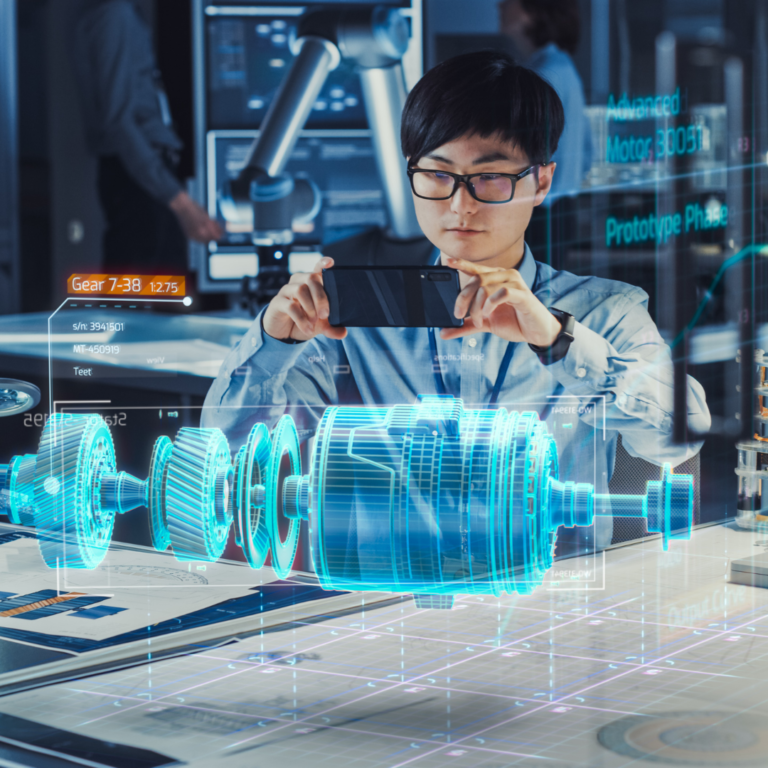

Navigating New Horizons for Maritime Education and Training
By: Jake Viernes M.M
The maritime industry is no stranger to the winds of change. As the world embraces digitalization, the Philippines, with its rich seafaring heritage, stands at a crucial crossroads. The convergence of technology, innovation, and education presents an opportunity to propel the nation forward as a vibrant hub for maritime excellence.
The Importance of Digitalization and Innovation

Global Maritime Trade:
- Maritime transport handles over 90% of global merchandise trade, moving a staggering 11 billion tons of cargo annually1. To remain competitive, the industry must embrace digitalization.
- Economic Benefits: Digitalizing maritime processes promises wide-ranging economic benefits. From streamlined logistics to efficient trade facilitation, the ripple effects are substantial.
Post-Pandemic Recovery: The COVID-19 pandemic underscored the need for resilient systems. Digital transformation can contribute to a stronger, more sustainable recovery.
Challenges and Opportunities
- Beyond Infrastructure: Digitalization transcends mere infrastructure and technology. It hinges on the readiness of stakeholders and the public to adapt to new systems. Cultivating a culture of innovation is essential.
- Stakeholder Engagement: Maritime entities, both public and private, must collaborate. Initiatives like the Sustainable Maritime Innovation, Digitalization, Transformation, and Knowledge Center (SMIDTKC) play a pivotal role.
- Government Leadership: The government must lead the charge. By fostering innovation and enabling stakeholders, it can pave the way for lasting transformation.
Philippine Initiatives
- Kongsberg Digital Partnership: The Maritime Industry Authority (MARINA) recently signed an MoU with Kongsberg Digital, marking a milestone in maritime training innovation23. This collaboration aims to elevate training standards through technology.
- Virtual Reality (VR), Augmented Reality (AR), and Mixed Reality (MR): These technologies enhance maritime education and training. They complement existing methods and create new learning opportunities.
The Philippines has the potential to be a beacon of maritime education and training in the digital age. By embracing innovation, promoting collaboration, and investing in cutting-edge tools, we can chart a course toward a brighter maritime future.

JMV
Make your life worthwhile, and to the world before you. BE RELEVANT!
Quick Links
©2023. All Rights Reserved
